Nigeria’s Mosaic: Discovering the Top Ethnic Groups
Nigeria, often referred to as the “Giant of Africa,” is a nation known for its vast cultural diversity, a result of the coexistence of numerous ethnic groups. This mosaic of cultures has played a crucial role in shaping the nation’s history, traditions, and identity. In this article, we explore the top ethnic groups in Nigeria, each contributing its unique flavor to the rich tapestry of the country.
1. Hausa: 29.2%
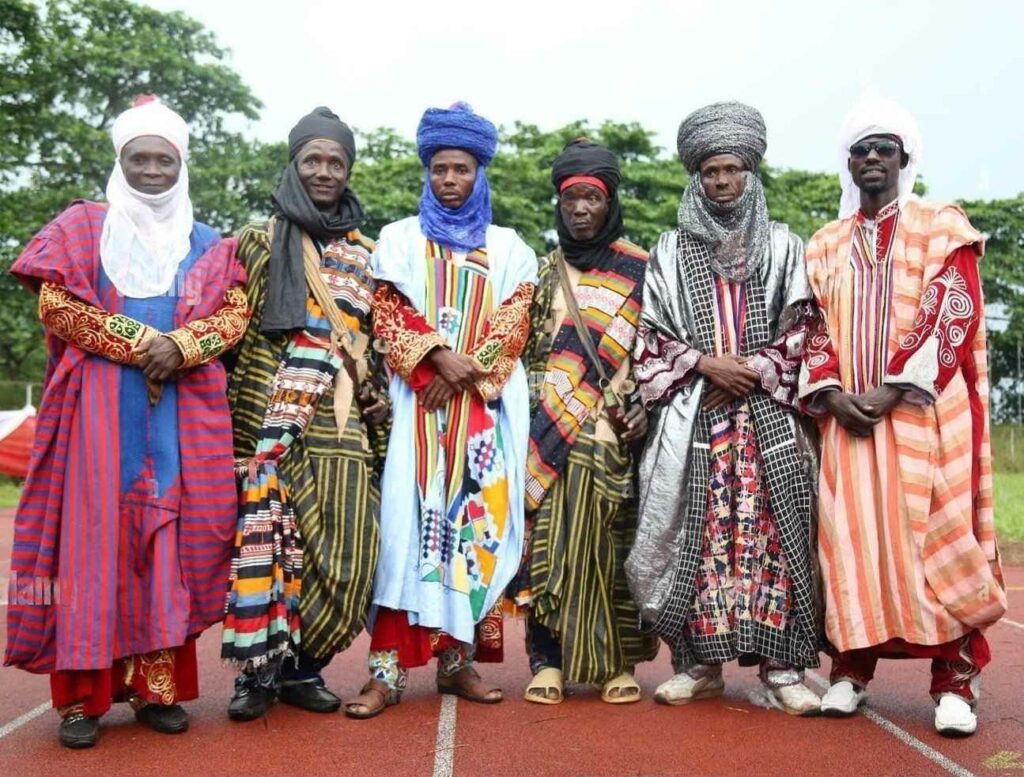
The Hausa people are the largest ethnic group in Nigeria, constituting 29.2% of the population. Predominantly found in the northern regions of the country, the Hausa have a rich cultural heritage with a history steeped in trade, scholarship, and Islam. Known for their vibrant traditional attire, language, and cuisine, the Hausa people contribute significantly to Nigeria’s cultural diversity.
2. Yoruba: 24.5%
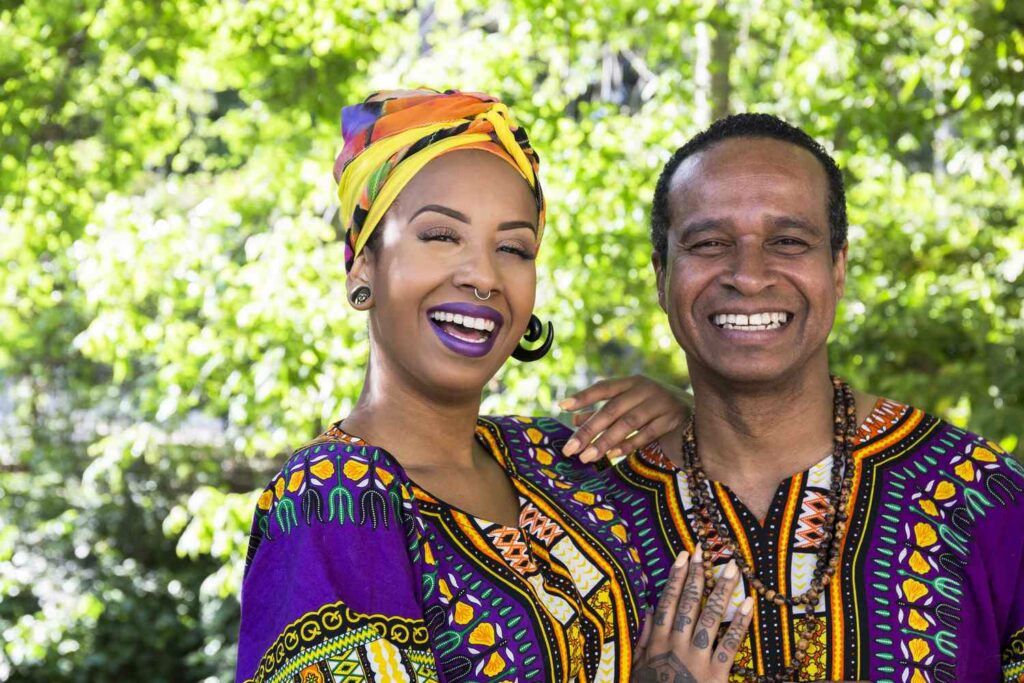
The Yoruba, hailing from the southwestern part of Nigeria, make up 24.5% of the country’s population. With a history dating back centuries, the Yoruba people have a rich cultural and artistic tradition, evident in their vibrant festivals, folklore, and distinctive artistic expressions. The Yoruba have also played a pivotal role in Nigeria’s political landscape and continue to be influential in various sectors.
3. Igbo: 15.4%
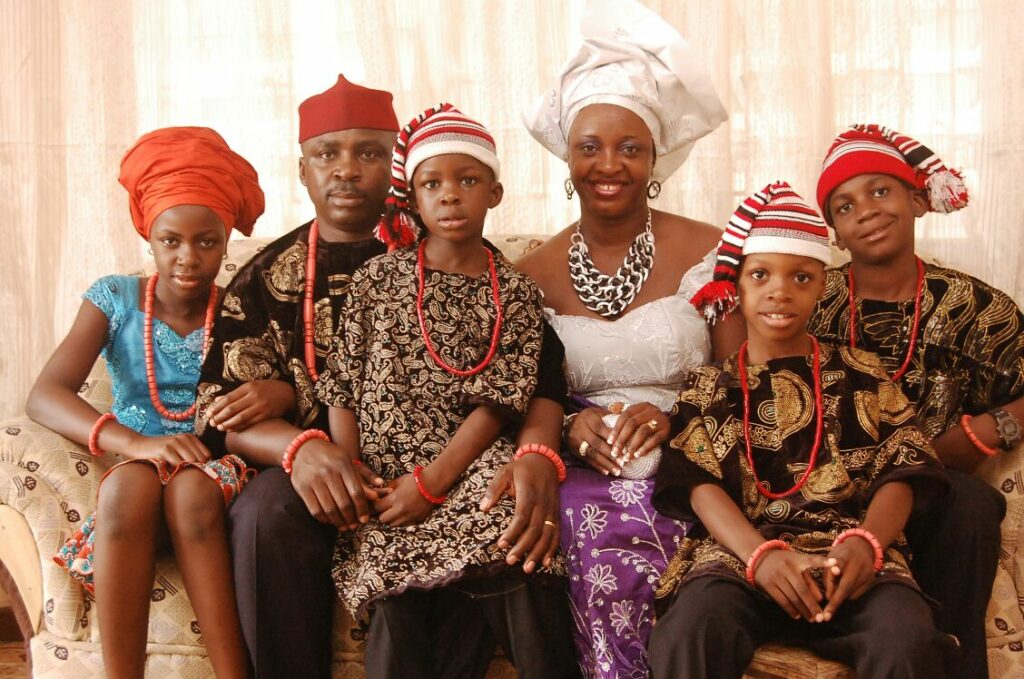
The Igbo ethnic group, located in the southeastern part of Nigeria, comprises 15.4% of the population. Renowned for their entrepreneurship, academic achievements, and cultural festivals, the Igbo people have made significant contributions to Nigeria’s economic and social development. Their language, Igbo, is one of the country’s major languages, reflecting their cultural resilience.
Also See: China’s Cultural Tapestry: Top Ethnic Groups Explored
4. Fulani: 7.4%
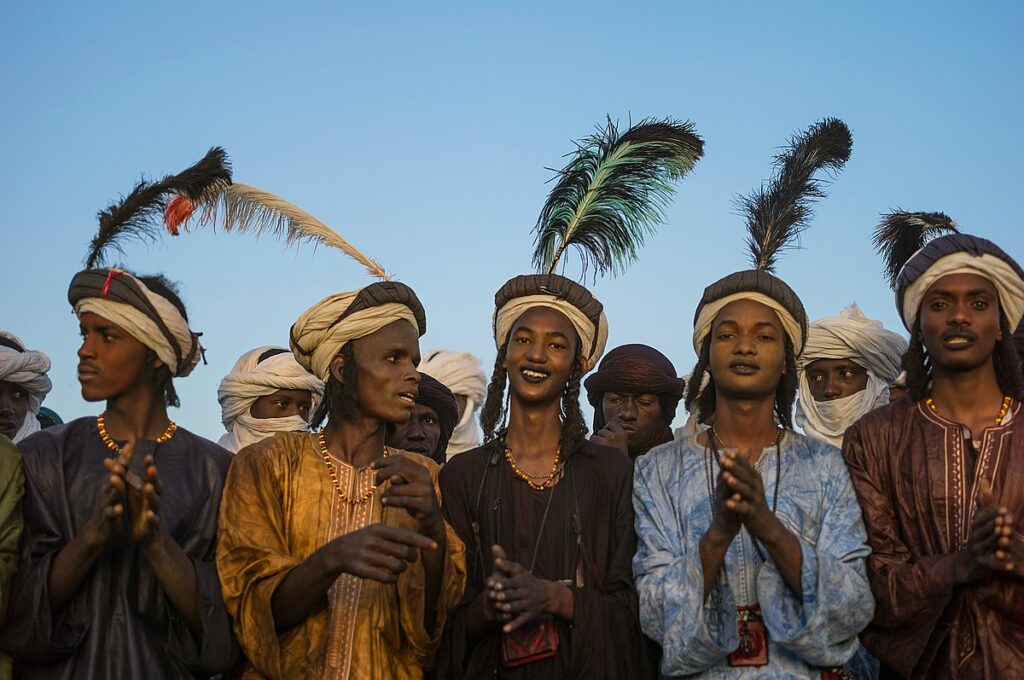
The Fulani, also known as Fula or Fulbe, are a nomadic pastoralist ethnic group found across West Africa. In Nigeria, they make up 7.4% of the population, primarily residing in the northern regions. The Fulani are known for their distinctive cattle-rearing lifestyle, intricate handwoven crafts, and their historical contributions to trade and Islamic scholarship.
5. Kanuri: 4.1%
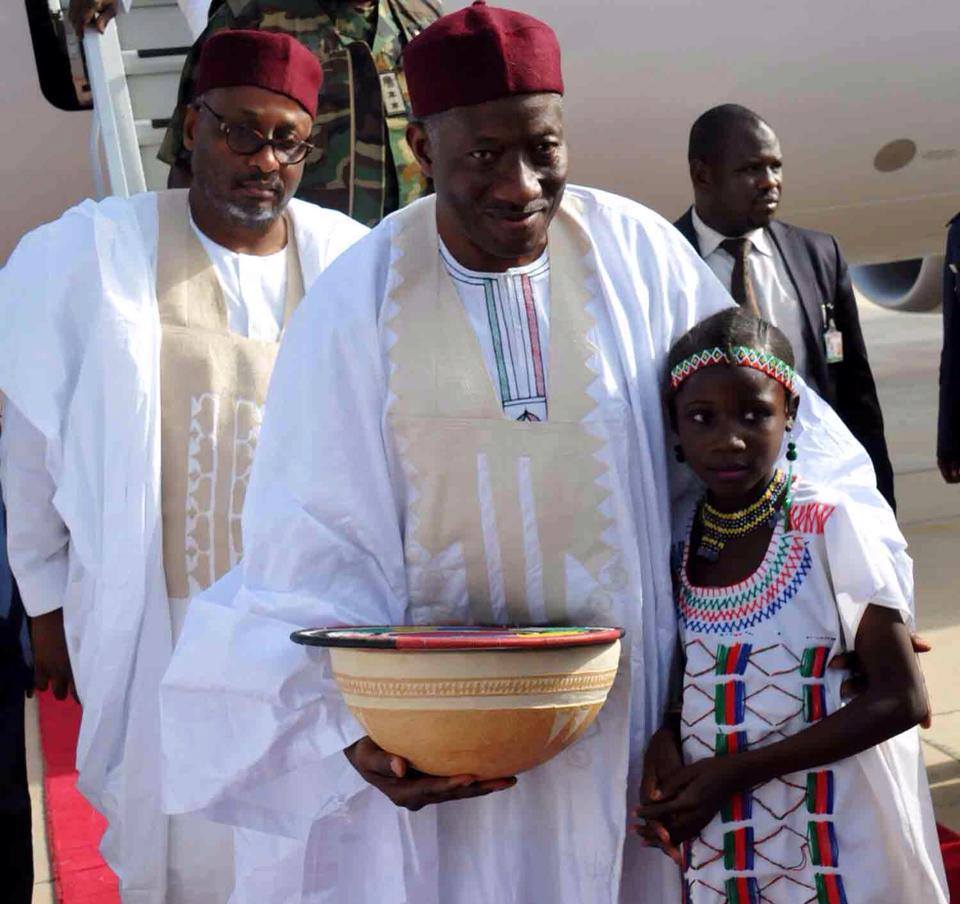
The Kanuri people, predominantly found in northeastern Nigeria, constitute 4.1% of the population. With a rich history, the Kanuri have been influential in the development of medieval African empires and have a strong cultural heritage. Their language, Kanuri, is a significant linguistic contribution to Nigeria’s diverse linguistic landscape.
6. Ijaw: 3.1%
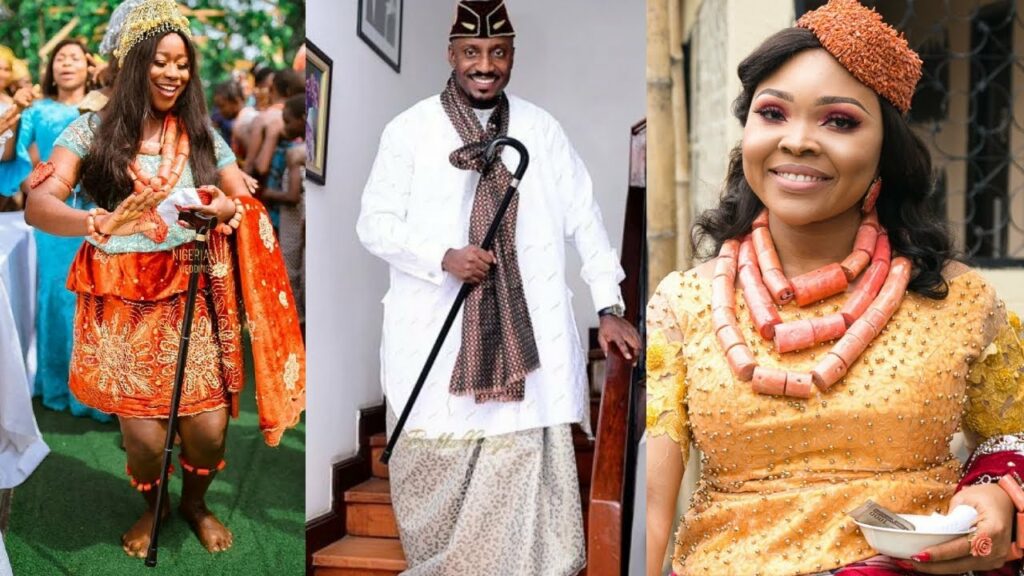
The Ijaw, residing in the Niger Delta region, make up 3.1% of Nigeria’s population. As a predominantly riverine and coastal people, the Ijaw have a unique cultural identity closely tied to the waterways. They have a rich tradition of fishing, boat-building, and cultural festivals, making them an integral part of Nigeria’s cultural mosaic.
Read More: European Melting Pot: Major Ethnic Groups Across the Continent
Nigeria’s ethnic diversity is a source of strength and resilience, showcasing the unity that can emerge from the coexistence of numerous cultures.
As we explore the top ethnic groups – Hausa, Yoruba, Igbo, Fulani, Kanuri, and Ijaw – it becomes clear that each group contributes to the nation’s vibrancy in its own distinct way. Together, these ethnic groups create a mosaic that defines the unique character of Nigeria, a country where diverse cultures thrive and interweave to form a rich and dynamic national identity.

